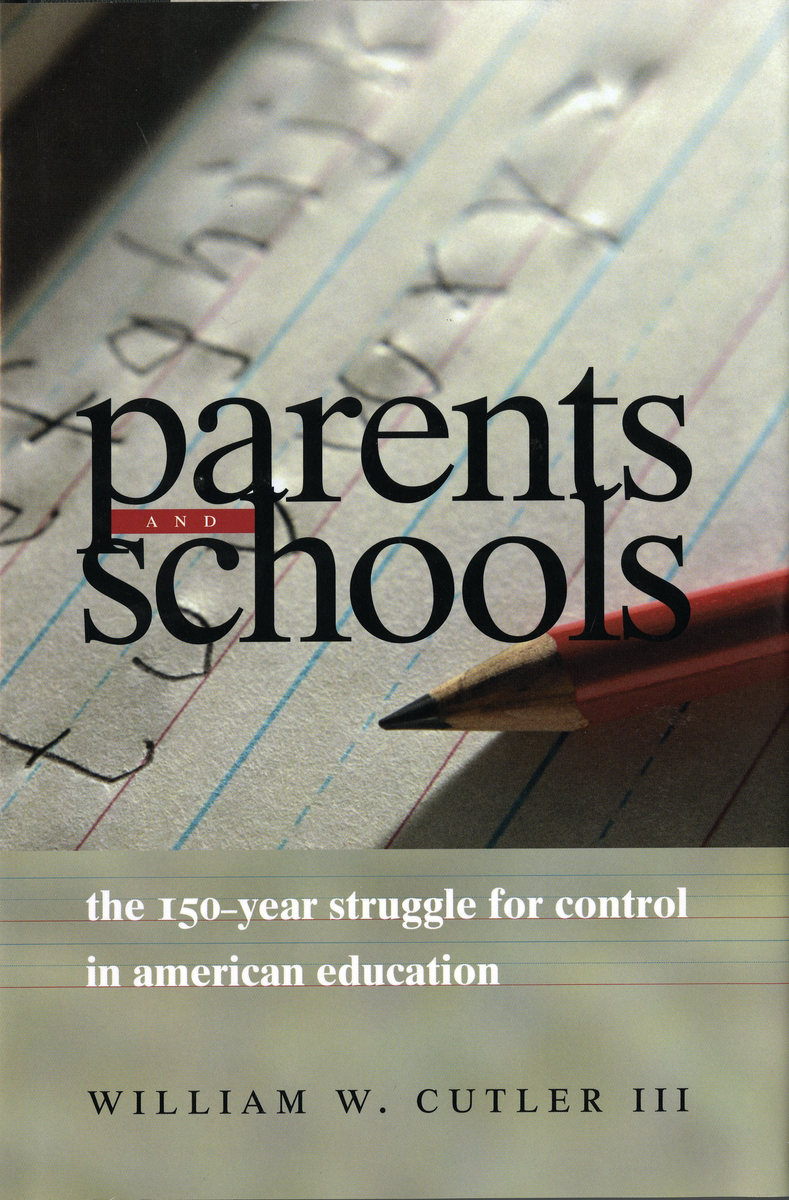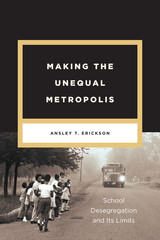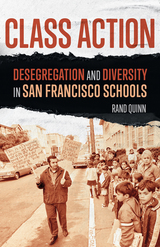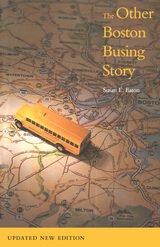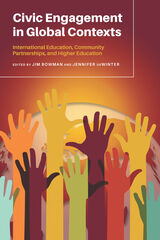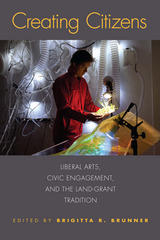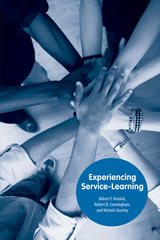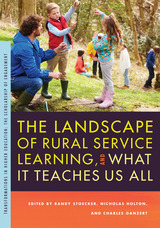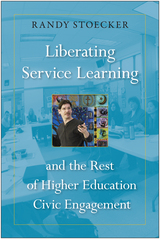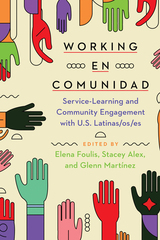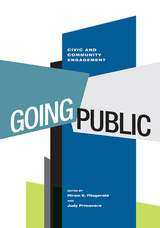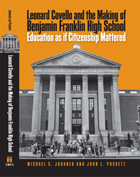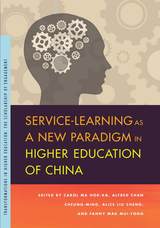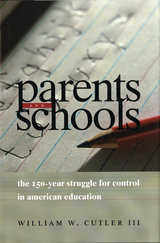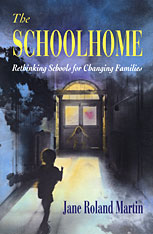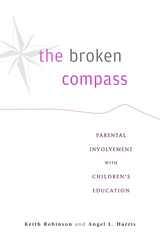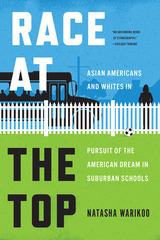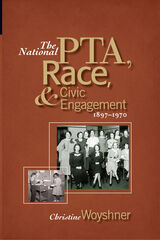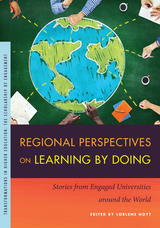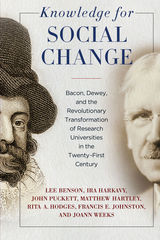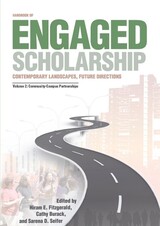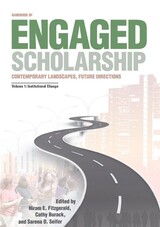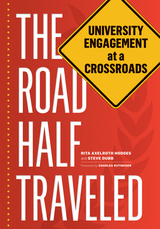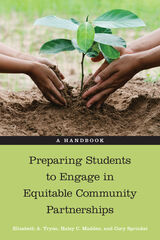Parents and Schools: The 150-Year Struggle for Control in American Education
University of Chicago Press, 2000
eISBN: 978-0-226-30793-0 | Cloth: 978-0-226-13216-7
Library of Congress Classification LC225.3.C86 2000
Dewey Decimal Classification 371.1920973
eISBN: 978-0-226-30793-0 | Cloth: 978-0-226-13216-7
Library of Congress Classification LC225.3.C86 2000
Dewey Decimal Classification 371.1920973
ABOUT THIS BOOK | AUTHOR BIOGRAPHY | TOC | REQUEST ACCESSIBLE FILE
ABOUT THIS BOOK
Who holds ultimate authority for the education of America's children—teachers or parents? Although the relationship between home and school has changed dramatically over the decades, William Cutler's fascinating history argues that it has always been a political one, and his book uncovers for the first time how and why the balance of power has shifted over time. Starting with parental dominance in the mid-nineteenth century, Cutler chronicles how schools' growing bureaucratization and professionalization allowed educators to gain increasing control over the schooling and lives of the children they taught. Central to his story is the role of parent-teacher associations, which helped transform an adversarial relationship into a collaborative one. Yet parents have also been controlled by educators through PTAs, leading to the perception that they are "company unions."
Cutler shows how in the 1920s and 1930s schools expanded their responsibility for children's well-being outside the classroom. These efforts sowed the seeds for later conflict as schools came to be held accountable for solving society's problems. Finally, he brings the reader into recent decades, in which a breakdown of trust, racial tension, and "parents' rights" have taken the story full circle, with parents and schools once again at odds.
Cutler's book is an invaluable guide to understanding how parent-teacher cooperation, which is essential for our children's educational success, might be achieved.
Cutler shows how in the 1920s and 1930s schools expanded their responsibility for children's well-being outside the classroom. These efforts sowed the seeds for later conflict as schools came to be held accountable for solving society's problems. Finally, he brings the reader into recent decades, in which a breakdown of trust, racial tension, and "parents' rights" have taken the story full circle, with parents and schools once again at odds.
Cutler's book is an invaluable guide to understanding how parent-teacher cooperation, which is essential for our children's educational success, might be achieved.
See other books on: American Education | Educational change | Home and school | Parent Participation | Parents
See other titles from University of Chicago Press
